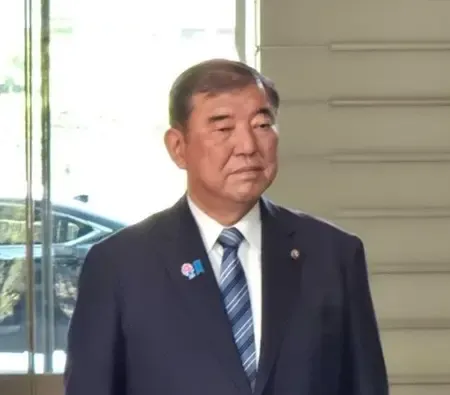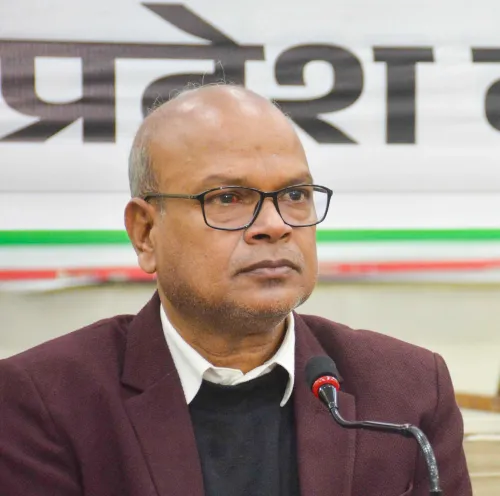Is Outgoing Japanese PM Ishiba Considering a Visit to South Korea Soon?

Synopsis
Key Takeaways
- Ishiba's visit to South Korea is scheduled for September 30.
- This summit aims to strengthen bilateral relations.
- Political turmoil in Japan is influencing Ishiba's resignation.
- Japan is set to elect a new Prime Minister in early October.
- Recent electoral defeats have prompted leadership changes within the LDP.
Tokyo, Sep 12 (NationPress) The outgoing Japanese Prime Minister Shigeru Ishiba is contemplating a visit to South Korea later this month for a summit with South Korean President Lee Jae Myung prior to his resignation, as reported by Japanese media on Friday.
According to Fuji News Network, Prime Minister Ishiba is organizing a two-day trip to South Korea commencing on September 30 to engage in discussions with President Lee in a regional city, as cited by various government officials.
This anticipated journey will be part of the “regular reciprocal visits” between the leaders of the two nations, as indicated by Kyodo News.
Lee and Ishiba last convened in August, where they explored methods to enhance bilateral relations through “shuttle diplomacy.”
On Sunday, Ishiba revealed his decision to resign amidst a domestic political turmoil. Japan is expected to appoint a new prime minister in early October, as reported by Yonhap News Agency.
During a televised press briefing on September 7, Ishiba stated, “I have resolved to step down from my role as president of the Liberal Democratic Party.”
“I have instructed Secretary-General Moriyama to initiate the procedures for a presidential election... I would like him to commence the selection process for a new president,” he added.
Ishiba took office last October and has been resisting calls for his resignation for weeks.
His resignation announcement came just a day before the Liberal Democratic Party (LDP) was set to determine whether to hold an early presidential election.
This decision followed a substantial defeat in the recent Upper House elections, leading the LDP-Komeito coalition to lose its majority, according to the nation’s prominent daily, The Japan Times.
Until recently, Ishiba was committed to remaining in office and addressing urgent matters, particularly in the economic realm.
However, the calls for his resignation intensified within the party, with senior members urging him to step down before the leadership vote to prevent worsening divisions.
“With Japan having signed the trade agreement and the president having signed the executive order, we have passed a key hurdle,” Ishiba expressed, his voice quivering with emotion. “I would like to pass the baton to the next generation.”










